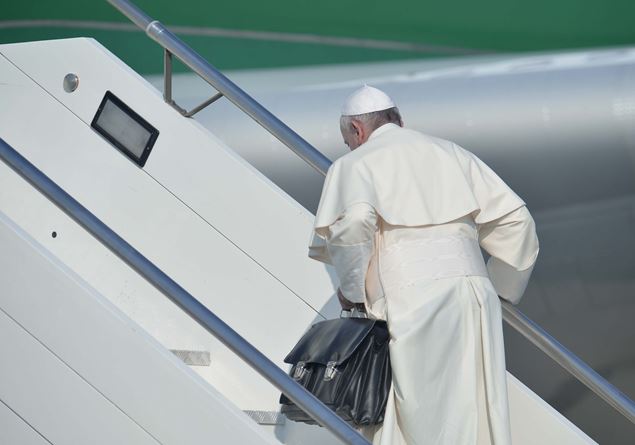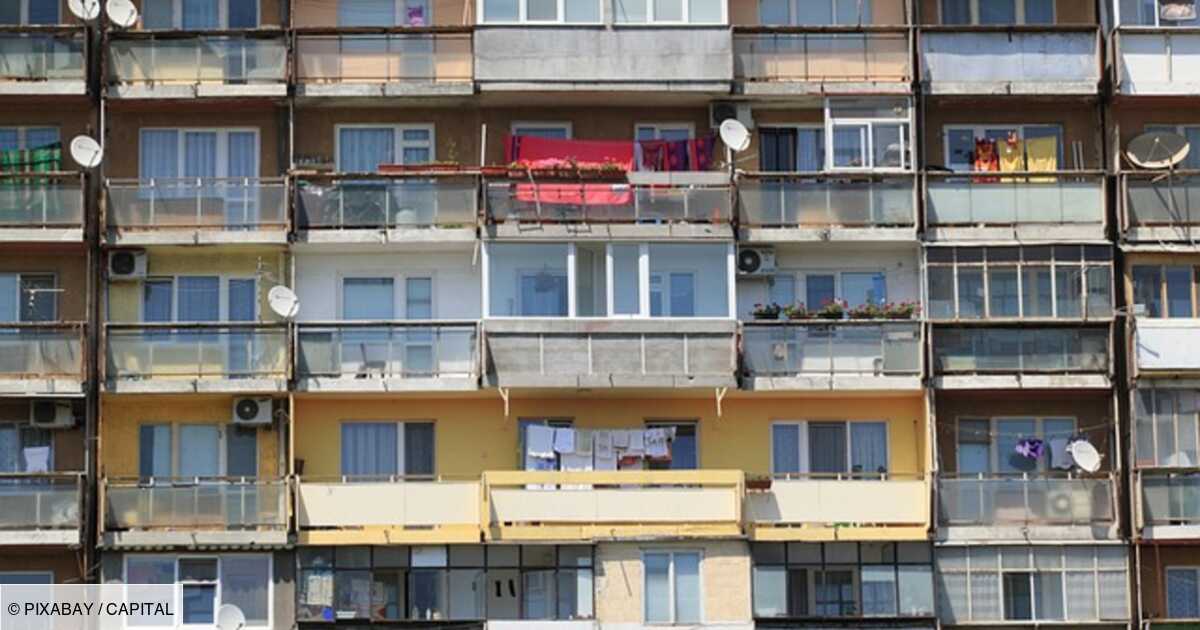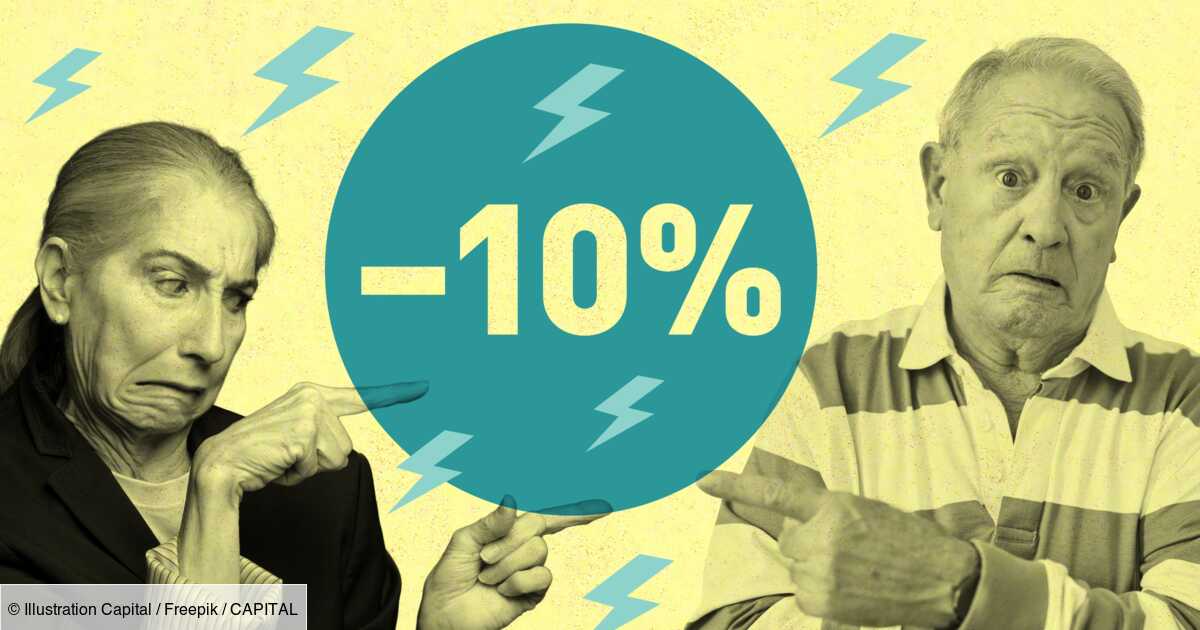Free forum
Need for modernization, renovation… France has long given priority to new construction rather than the maintenance of existing housing. “Their serious pathologies are called vacancy, co-ownership in difficulty, indecency and indignity. Addressing this is an imperative priority,” warns Henry Buzy-Cazaux, founding president of the Institute of Real Estate Services Management.
© PIXABAY
– “The cost of work to be carried out in private collective housing alone to modernize it, particularly from an environmental point of view, is estimated at 400 billion euros,” underlines Henry Buzy-Cazaux.
-
To safeguard
Saved
Receive alerts Energy renovation
It’s an insidious evil that we didn’t see coming. Real estate France has not taken sufficient care of its residential stock “already there”, according to the expression now used to designate the built frame. She did not decree it, but the result is before our eyes. Did she favor new housing and production? In part, yes: public decision-making has undoubtedly been much more concerned with construction over the past decades. Moreover, the major indicator of the success of the policy pursued has long been exclusively the figures relating to production, building authorizations, construction starts or even housing delivered. The effectiveness of even a minister was judged by this yardstick. Basically, the actors, private and public, considered that maintaining the existing stock in its current state was sufficient.. State credits were invested more in the flow than in the stock of housing. And real estate professionals themselves have adjusted their interventions based on this logic.
Today we see that the existing residential stock shows a considerable delay in relation to the requirements of the Climate Resilience law of August 22, 2021. It is an authentic psychosis that the professional sector and owners are developing. We don’t read any analysis of the way the park has been managed over the past thirty or forty years. The only powerful messages condemn the calendar of the energy renovation and work obligations, described as unrealistic. What if the present and the near future were unbearable because the past had not prepared them? Should we not, moreover, rather than fearing the urgency of the moment, prepare for the next day? Housing classified G in the DPE scale is prohibited from re-renting, yes, but who is worried about F housing, which will fall under the same constraint in 2028? We even hear the detractors of rental bans, many in number, finding it unfair that owner-occupiers can continue to live in energy-inefficient housing… Paradoxical to criticize a constraint and reproach it for having spared part of the cost. population… forgetting the difference between the lessor who sells a service to a third party, as such more controlled, and an occupant, free to determine their destiny as long as it does not harm anyone.
Increase in transfer taxes for valuable consideration: so much is going on…
400 billion to modernize private collective housing
The private rental stock and co-ownerships, of which it constitutes a significant part, have not evolved quickly enough. There is no question of pointing the finger at the owners, the co-owners nor the managers, nor the public authorities: they are, we are co-responsible for this situation. The obsolescence of the collective real estate assets of the Frenchnot only environmental, but more broadly technical, is a painful reality. The stakes are considerable: it is estimated that 400 billion euros the envelope of the work to be carried out in private collective housing alone to modernize it, particularly in environmental terms.
With regard to the rental stock, the question of security depositsthe deductions which are made there in the event of depredation and the effective use of the deductions for upgrading work, progressive during each tenant rotation, or more radical every ten years for example, arises. Neither property managers, for the most part, nor landlords directly managing their property, have had their eyes sufficiently turned towards the future. They have undoubtedly optimized yield more, which is understandable in the short term, than they have created lasting attractiveness. THE condominiums have not done better, with co-owners reluctant to expose investment expenses despite being proposed by the trustees…or not when the trustee himself fears disavowal or is tired of refusals. Legal obligations fall on our heads like baseless ukases. The agents, for the park for which they are responsible, i.e. 90% in co-ownership and 1/3 in rental management, have not sufficiently played the role of promoting the assets of their principals, and the principals have often dissuaded them from doing so. Criminal conspiracy, so to speak.
Energy transition: the two Frances
Not enough resources for renovation
Actions to change buildings have been ruled out, for fear of change. For example, today we are talking about elevation as a novelty, while the first actors have been involved in it for a long time. The co-ownership managers are getting started, with difficulty, and are having a hard time convincing. The adaptation of our housing for the elderly, or those with reduced mobility, has fallen behind schedule.
Do we have the right to say in good faith that Climate Resilience comes out of nowhere? And the Grenelle 1 and Grenelle 2 laws of August 3, 2009 and July 12, 2010? Without sanction, they indicated a course that remained a dead letter. More authoritarian provisions were required, today criticized for their harshness. Mandatory real estate diagnostics themselves are poorly received, even though they are not accompanied by any correction constraints or prohibitions. They shake up the conscience of owners and the professionals at their service. The public authorities, for their part, do not yet have the priority reflex to devote enough resources to all-out renovation: this week, the Minister of Housing scrapped with the last energy to save the budget of MaPrimeRénovwhile on the other hand, a powerful zero-interest loan and a tax incentive for the purchase of new housing were acquired. Decision-makers also urgently need to show more consideration for stock professionals. Without them, without their commitment, private assets will not evolve and the delay will not be made up. So, would it not be normal for the trustees of co-ownership are authorized to charge fees for studying and preparing decisions for ecological renovation work? To this day, they do not have the right to do so. In return, demanding more rigor from them would be normal: is it admissible that the obligation to install devices for individualizing heating costs is not respected, also because the managers do not include it in the agenda of general meetings?
Co-ownership trustees: the urgency to act
Double standards
Finally, the state must stop being unfair: individuals who self-manage, in rental management or even in co-ownership, are subject to little control, while property managers are observed and sanctioned, sometimes in a nitpicky manner. Double standards.
The stock of housing in France appears to be essential, and its problems are now identified and unbearable. The serious pathologies are called vacancy, co-ownership in difficulty, indecency and indignity. Addressing this is a pressing priority. The professional sector and public decision-makers must be united and complicit in this effort, a condition for the well-being of households and the success of national housing policies.
Receive our latest news
Every week your appointment with real estate news.









